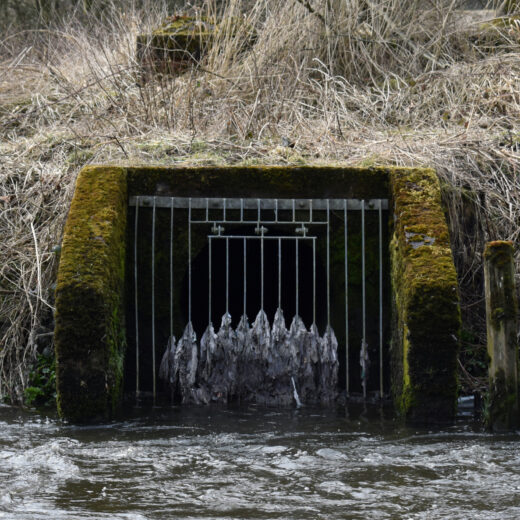
Tabled amendments to Environment Bill provide lifeline for rivers
Several amendments to the Environment Bill have been tabled today which, if successful, represent a significant victory for river health, and indeed river users.
27/08/21
Several amendments to the Environment Bill have been tabled today which, if successful, represent a significant victory for river health, and indeed river users. An increased commitment to transparency and more robust monitoring are things that The Rivers Trust has been demanding to see for a long time, and we are now one step closer to these becoming a reality.
An amendment tabled by Lord Goldsmith will bring in unprecedented levels of transparency from Water and Sewage companies regarding sewage discharges from combined sewer overflows (CSOs) and storm overflows. Currently only published as an annual summary, the amendment requires companies to report in real-time on the location and duration of spills.
A further amendment, also tabled by Lord Goldsmith, will require Water and Sewer companies to monitor water quality in receiving water bodies upstream and downstream where CSOs and treated effluent are discharged.
David Johnson, Technical Director at The Rivers Trust, says: “Reliable, near-real-time reporting of discharges from CSOs and storm overflows is a big step forward as it will allow river users to make more informed decisions about the impacts of sewage on their health. It will also allow the water industry, regulator, and communities to see where the existing sewer infrastructure is badly in need of improvement. Climate change will make this situation worse, so we need to act now.”
Mark Lloyd, CEO of the Rivers Trust, added: “The first step towards clean and healthy rivers is a shared understanding of the source and impact of pollutants. This amendment will give us a lot more information to develop that understanding and make informed decisions about how to manage the problems. The next step is a very significant investment in modernising our drainage infrastructure and widespread deployment of nature based solutions to reduce the peak volumes of surface water.”

